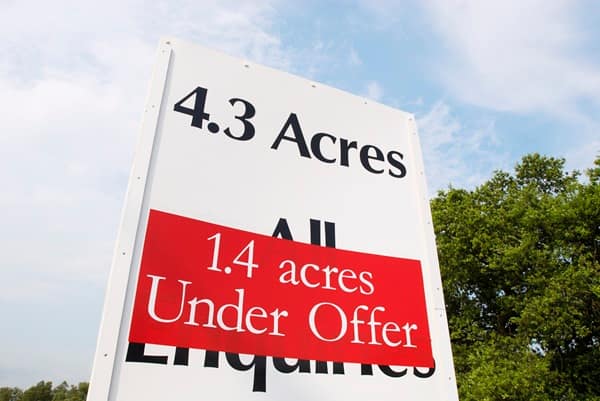
"You are suddenly responsible for a piece of the earth you didn't choose, facing property taxes, liability concerns, and maintenance for a place you may rarely see. The sentimental weight is real, but so is the administrative and financial load. Navigating this requires separating legacy from logistics to make a clear-headed decision about a plot that is now, for better or worse, yours."
"Annual property taxes don't pause for contemplation. Liability insurance is another recurring cost, protecting you from potential lawsuits if someone gets injured on the property. If the land has structures, even minimal upkeep is required to prevent them from becoming dangerous or violating local codes. For heirs who need liquidity to cover these expenses, settle other parts of the estate, or simply cannot manage the ongoing outlay, the most direct path is to find a way to sell land fast."
"If immediate sale isn't necessary, you can consider the land's highest and best use. This involves a deliberate process to unlock its full market value. Start with a feasibility study. Engage a civil engineer or land planner to assess the property's potential. Can it be subdivided into smaller, more marketable residential lots? Does its zoning permit commercial development? Is the soil suitable for a septic system, or is municipal water and sewer available?"
Inheriting land combines emotional attachment with practical burdens including property taxes, liability exposure, and maintenance obligations. Immediate financial pressure often forces heirs to seek quick liquidity by selling to cover taxes, insurance, upkeep, or other estate needs. Alternatively, pursuing the land's highest and best use can unlock greater market value through feasibility studies and professional input. Engaging a civil engineer or land planner can determine subdivision potential, zoning opportunities, and utility feasibility such as septic or municipal water and sewer. Pursuing development can increase worth but requires upfront investment of time and money and a longer return horizon.
Read at London Business News | Londonlovesbusiness.com
Unable to calculate read time
Collection
[
|
...
]